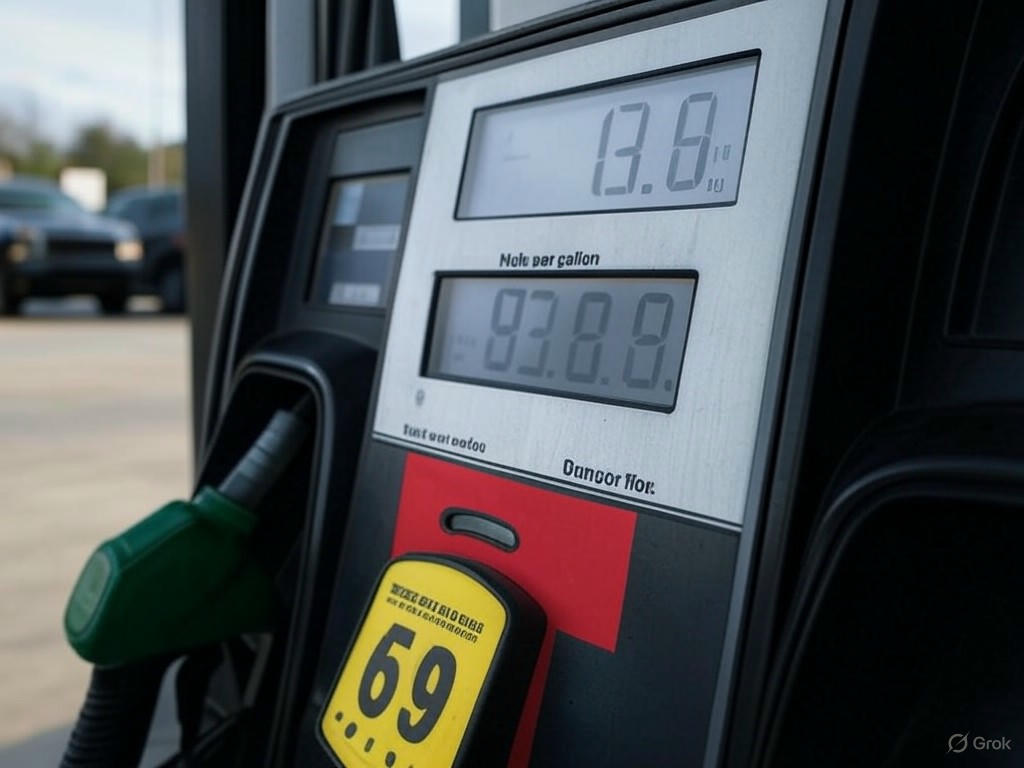As geopolitical tensions simmer in the Middle East following recent military actions between Israel and Iran, American consumers are left wondering how soon they might feel the pinch at the pump. While the immediate aftermath of the strikes has shown little disruption to U.S. energy markets, experts caution that this calm could be short-lived. The intricate web of global oil supply chains means that any escalation in the region could send shockwaves through fuel prices, potentially impacting everything from daily commutes to the broader economy.
The Middle East remains a critical hub for global oil production, with countries like Iran playing a significant role in the market. Although the current conflict has not directly targeted oil infrastructure, the risk of broader instability looms large. A prolonged or intensified dispute could disrupt supply routes, particularly through vital chokepoints like the Strait of Hormuz, through which a substantial portion of the world’s oil passes. If such disruptions occur, the effects would likely be felt worldwide, with the U.S.—despite its domestic production—still vulnerable to price spikes due to its reliance on global market dynamics. Analysts estimate that a significant escalation could push oil prices up by 10-20% within weeks, translating to a noticeable jump at gas stations across the country.
For now, the U.S. energy sector is holding steady, buoyed by robust domestic production and strategic reserves. The Biden administration has signaled readiness to tap into these reserves if necessary to stabilize prices, a move that could provide temporary relief for consumers. However, such measures are not a long-term solution, and the specter of inflation, already a concern for many households, adds another layer of complexity. Rising fuel costs could drive up transportation and manufacturing expenses, ultimately trickling down to the price of everyday goods. Small businesses, in particular, may struggle to absorb these costs, potentially slowing economic recovery in some sectors.
Beyond the immediate economic implications, there’s a growing conversation about energy independence and sustainability. Some industry leaders argue that this moment underscores the need for accelerated investment in renewable energy sources to reduce reliance on volatile foreign oil markets. While transitioning to cleaner energy won’t happen overnight, the current geopolitical uncertainty could serve as a catalyst for policy changes and innovation in the energy sector. On the flip side, critics warn that moving too quickly away from traditional energy sources could leave the U.S. unprepared for immediate crises, advocating for a balanced approach.
As the situation in the Middle East unfolds, all eyes are on the potential for escalation and its downstream effects. American drivers may not see an immediate change at the pump, but the undercurrents of this conflict are a stark reminder of how interconnected global markets are. For now, consumers and policymakers alike must brace for uncertainty, hoping for de-escalation while preparing for the possibility of turbulent times ahead at the gas station.
